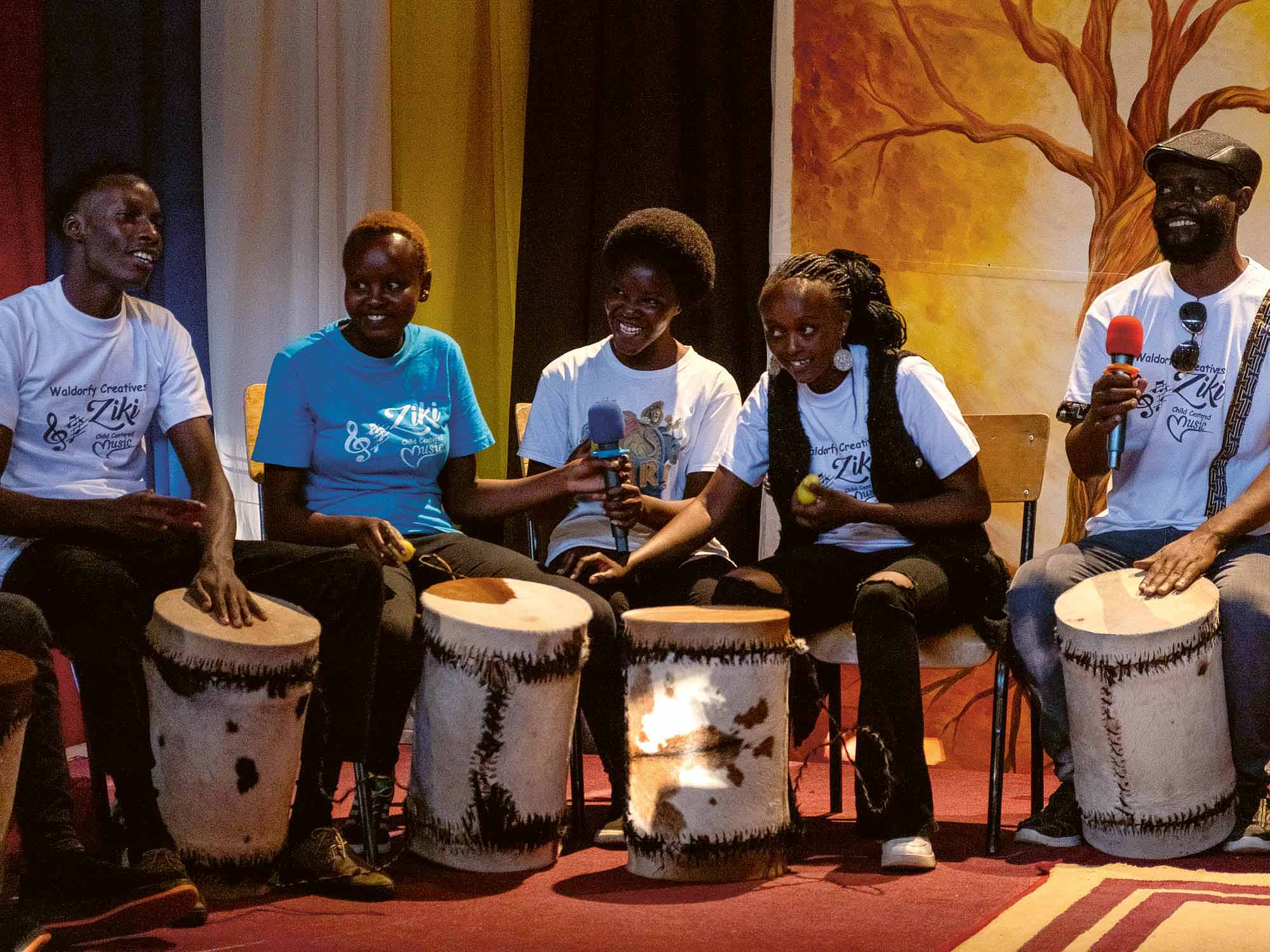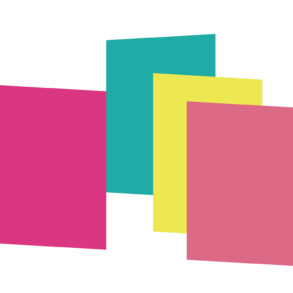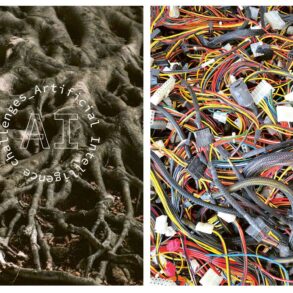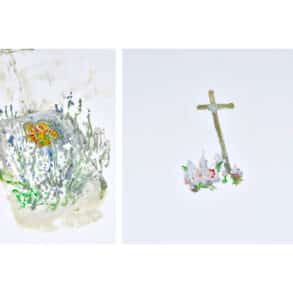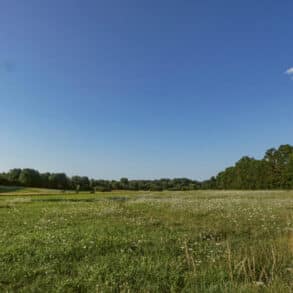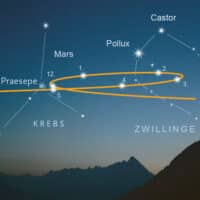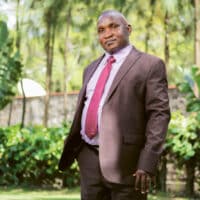Kenyan performer and masterful drummer, Augustus Mutua, with his initiative, Waldorfy Creatives, adds the richness of African music and dance to an anthroposophic pedagogical approach to teaching.
I have been a Waldorf class teacher and a music teacher for 16 years now, as well as a performer and a director of choral and instrumental music. Using African music and the rich African rhythms has been a great tool in my delivery of music lessons. This has seen me start my initiative, Waldorfy Creatives, which I now use to reach out to other schools as well. The African drums and shakers, fiddles like the Orutu, the marimbas, and flutes like the Chivotis have been central in my delivery. African dances with vigorous moves, typical of our culture, have proven to be an effective approach as both children and adults connect more deeply with the music.
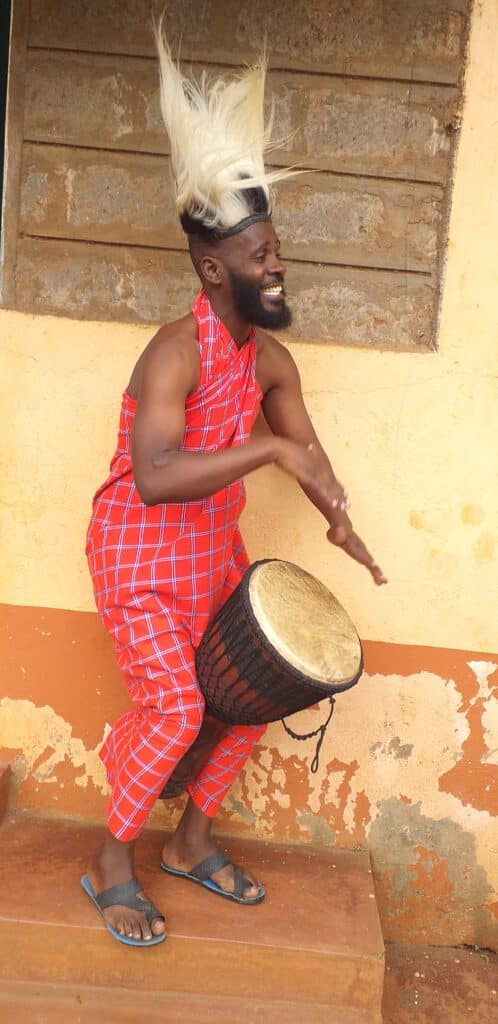
Incorporating these vibrant musical elements into music teaching has transformed the learning experience. The rhythmic patterns of the djembe, Kamba, and Luhya drums, the melodic tones of the marimba, and the soulful sounds of the Orutu provide a rich auditory landscape that captivates students’ imaginations. This multi-sensory engagement enhances their understanding of rhythm, melody, and harmony while fostering a deep appreciation for African cultural heritage.
African music’s improvisational nature encourages creativity and self-expression. Students are inspired to create their own compositions, drawing on the traditional sounds and rhythms they learn. In my lessons, each child has a drum or a shaker. This not only nurtures their musical skills but also builds confidence and encourages individuality. The communal aspect of African drumming sessions promotes teamwork and cooperation, as students learn to play in unison and support each other’s musical journeys.
The physicality of African dances, with their dynamic and expressive movements, helps students develop their motor skills and body awareness. Dancing to African rhythms also fosters a sense of joy and freedom, allowing children to express themselves fully and connect with their peers on a deeper level. This movement-based approach aligns with the Waldorf philosophy of educating the whole child—mind, body, and spirit.
I have used this same approach in European schools (in Sweden and Denmark), and the results were amazing. In Denmark, for example, during the week of African dance and music in Silkeborg, the children were so happy to do the new moves, sing in a foreign language, and experience new cultures with the stories blended in the delivery that there was a request to come the following year. An individual from the community offered to pay all the bills to make that happen!
At my local Waldorf school, a new parent saw how we used the music with drums and how their son transformed from a shy and timid child to a confident and courageous boy. This saw them help buy more drums and support the initiative to grow. At the recent conference held at Rudolf Steiner School, Nairobi, Kenya, a parent was so touched by our approach that they requested to be part of the group to learn more.
Through Waldorfy Creatives, I have been able to extend these benefits beyond the Waldorf community. By introducing African music and dance to non-Waldorf schools, I aim to create inclusive learning environments that celebrate diversity and cultural richness. The feedback from teachers and students has been overwhelmingly positive, with many noting how this approach has brought a new level of engagement and enthusiasm to their classrooms.
Using African music to teach the Waldorf curriculum not only enriches the educational experience but also promotes cultural awareness and global citizenship. It helps students develop into empathetic, well-rounded individuals who appreciate the beauty and diversity of the world around them. Through the rhythms, melodies, and stories of African music, children learn valuable life skills, build meaningful connections, and grow into confident, creative, and compassionate individuals.
Augustus Mutua is a collaborator of the World Social Initiative Forum WSIF and the East Africa Association Anthroposophical Conference held in April 2024 in Nairobi, Kenya
More Waldorfy Creatives
Contact Augustus Mutua at zikimusic40@gmail.com, ziki_.music on IG, or zikimusic on Facebook.
Image Performances at the East African Anthroposophic Conference in 2024. Photo: Nicole Asis

